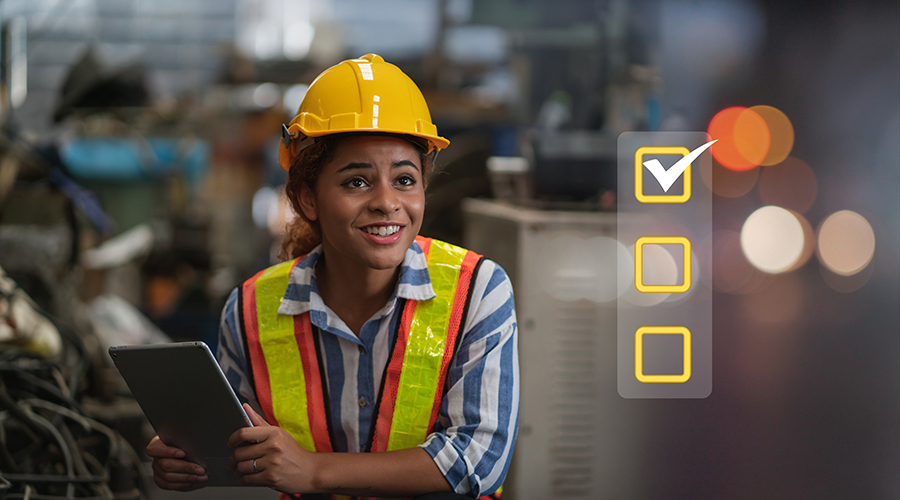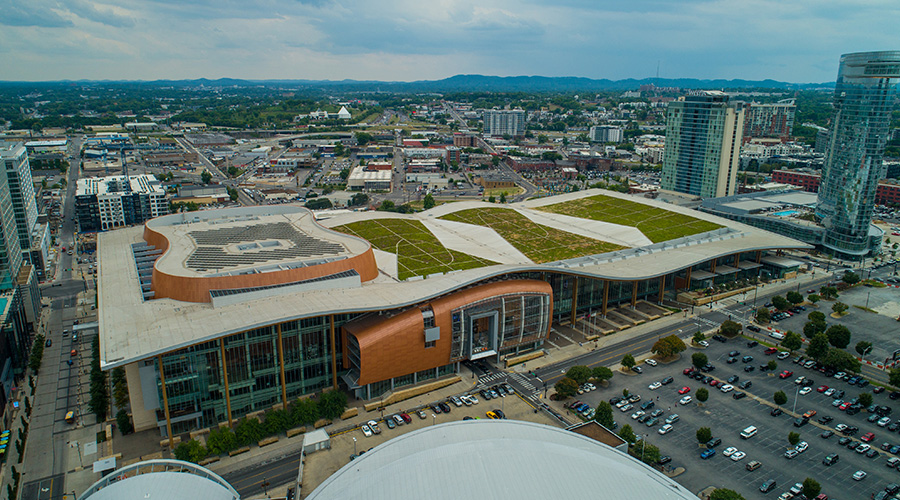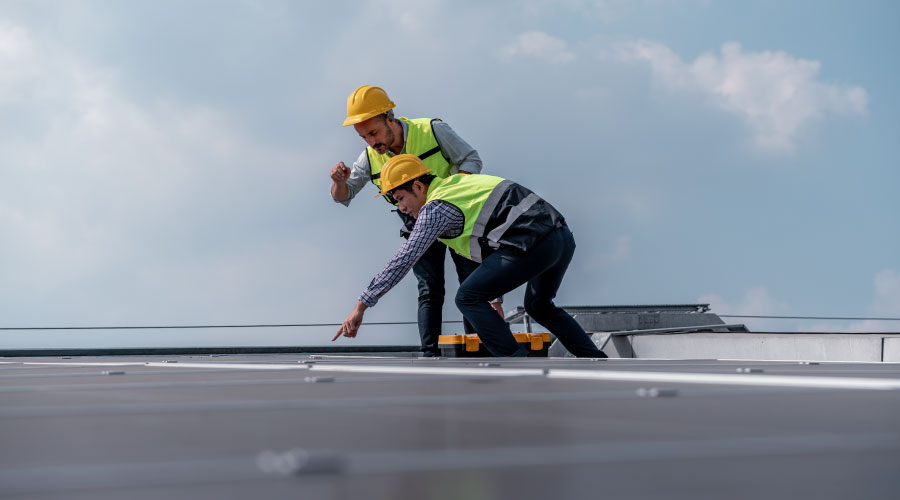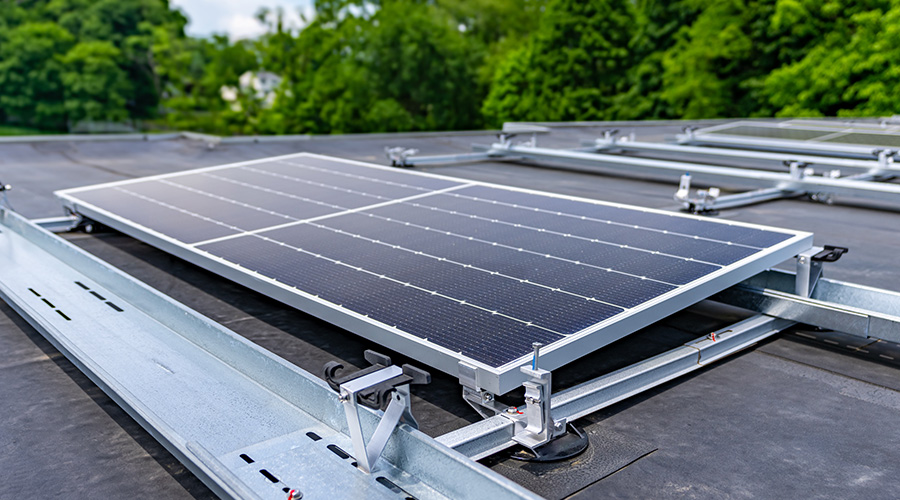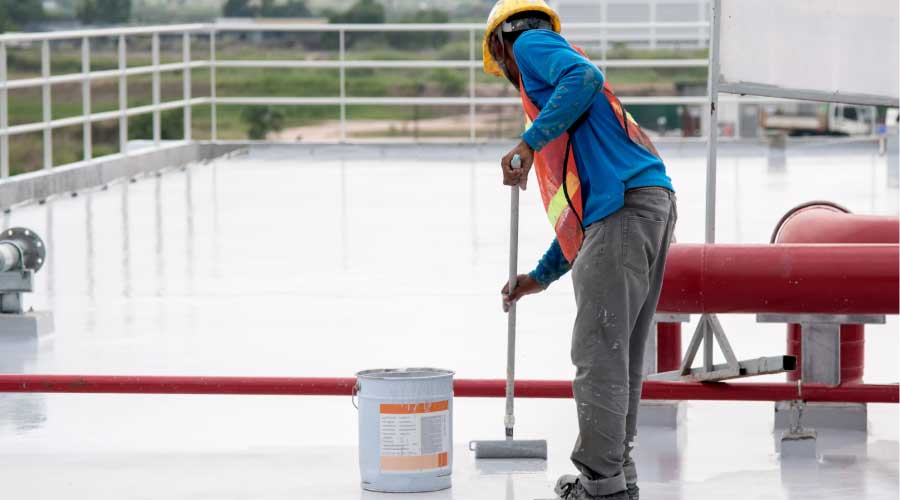Standing-Seam Metal Roofs Provide Anchor for Rooftop Equipment
Standing-seam metal roofing systems have proven to be a durable, sustainable, reliable, environmentally responsible option for institutional and commercial facilities. Unfortunately, the process of mounting rooftop equipment and ancillary mechanicals can sabotage this high-tech option and the maintenance freedom it offers maintenance and engineering managers.
Regardless of the roof type, the best way to prevent rooftop problems is to clear the system of unnecessary equipment. While managers would prefer an uncluttered roof, it is sometimes necessary or convenient to mount HVAC equipment on rooftops, as well as screens to hide the equipment, piping to fuel it, scuttles to access it, and walkways to service it.
In recent years, managers also have installed satellite dishes, lightning protection, photovoltaic panels, advertising signs, and fall-protection systems on rooftops. By better understanding the do’s and don’ts of low-slope metal roofing maintenance, managers will find that mounting equipment on rooftops can be simple and trouble-free.
Penetration-Free Attachment
Managers who must mount ancillary fixtures often find standing-seam metal roofs offer many advantages. These roofs are particularly well-suited for accepting special seam-clamping hardware that grips standing-seam systems without puncturing membranes.
Metal is rigid, unlike other roof materials. The standing-seam area creates a beam-like structure and provides a convenient anchor for walkways, photovoltaic arrays, condensing units, gas piping, and similar components without harming the roof’s weathering characteristics.
Installers can secure mechanical components safely and cost-effectively to these seam clamps, leaving the roof membrane free of penetrations. The clamps provide holding strength, last the life of the roof, and preserve the system’s thermal-cycling characteristics.
If technicians must install attachments, managers can ensure they take these steps to protect the roof’s surface:
• Use penetration-free attachments when possible.
• Never use adhesives to secure attachments to metal roofs.
• Use only attachment clamps made of non-corrosive metals, such as aluminum, along with stainless steel mounting hardware. These metals are compatible with anything found on a metal roof.
• Be sure technicians use round-point set screws to secure the clamp to the seam. This precaution will prevent galling or other damage that could cause corrosion.
Any loads placed on the clamp will transfer to panels and their anchor points, and subsequently to the structure. That anchorage must be able to withstand the added load.
Related Topics:






